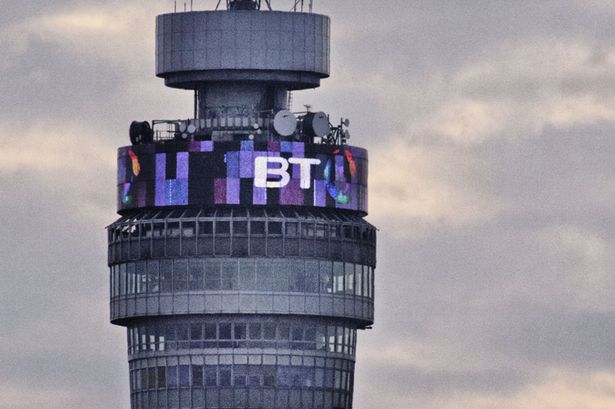

There are now 3.3 million fibre connections on BT’s Openreach network, which reaches 21 million properties in the UK with 60,000 added each week, of which the majority are the direct result of the government-funded Broadband Delivery UK (BDUK) programme.
Around 344,000 new fibre customers were added during the second quarter, a 9 percent year-on-year increase, 60 percent of whom were snapped by BT Retail. BT added 203,000 new users during the period, a 10 percent increase from last year, and 34 percent of its broadband customers now take fibre.
Many of these customers will have upgraded from copper services, so not all are entirely new users. Around 182,000 completely new connections were added during the second quarter, 88,000 of which, or 48 percent, were BT. This is down by 50 percent, but the company says the figure was so high last year because of the launch of BT Sport. The total number of connections, both fibre and copper, on the Openreach network now amounts to 18.8 million.
BT says the figures vindicate its investments in its fibre infrastructure and in sports television rights, with consumer revenues up by seven percent year on year to £1.056 billion. Totral revenues amounted to £4.383 million – a fall of two percent – but pre-tax profits were up 13 percent to £609 million.
“This was a solid quarter, with results slightly ahead of market expectations as we reduced costs and grew EBITDA,” says BT CEO Gavin Patterson. “Our Consumer business continues to perform well thanks to the impact of BT Sport where Premier League audiences are up around 45 per cent on average. Fibre is also driving growth with one in three of our retail broadband customers enjoying super-fast speeds.
“Our fibre footprint has increased to more than 21 million premises and will continue to grow. We continue to see strong demand across the market for the faster speeds that fibre offers. “
Not everything went BT’s way during the quarter, though. It claims that regulatory pressures from Ofcom offset a 38 percent rise in fibre revenue, while its Global Services division was affected by lower public sector revenue in the UK and BT Business decline reflected lower call and line volumes.
The company is currently embarking on its first major push into the mobile market since the sale of O2 in 2005 with the launch of business 4G plans using a Mobile Virtual Network Operator (MVNO) agreement with EE and the One Phone unified communications service.
However a consumer launch is reported to be delayed due to technical problems that prevent traffic from being offloaded from EE’s network to BT’s Wi-Fi hotspot network – a process that is essential to the firm’s plans to reduce operating costs.
BT is also likely to come under pressure in the business market with both TalkTalk and Virgin Media signalling their intent to challenge the former state monopoly’s current dominance in the SMB sector.
What do you know about BT? Find out with our quiz!
Binance BNB token rises after WSJ report the Trump family is in talks to secure…
After failed Amazon deal, iRobot warns there is “substantial doubt about the Company's ability to…
Community Notes testing across Facebook, Instagram and Threads to begin next week in US, using…
Complete 180. FTC attorney now says federal agency can pursuit Amazon trial, after citing “severe…
Former board member and respected chip industry veteran Lip-Bu Tan appointed to lead troubled US…
MPs demand secret High Court hearing be held in public, after government had ordered a…
View Comments
shame for other 55 million people in the country